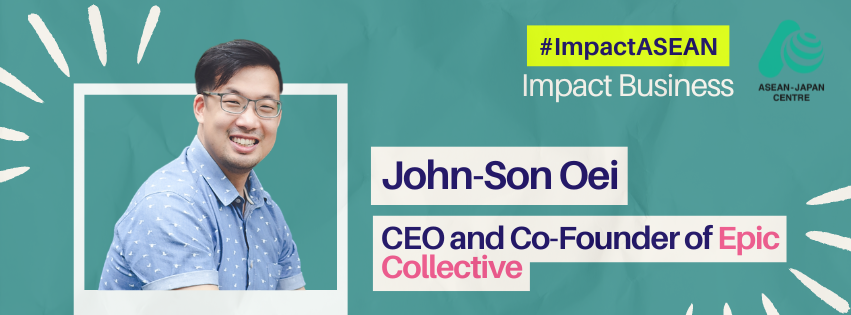Established in 2010, EPIC Collective is an ecosystem of companies and platforms empowering individuals to be “Extraordinary People Impacting Communities”. Its flagship programme, EPIC Homes, maximizes volunteerism and team building programmes to build sustainable family homes that can be constructed from the ground up in just three days. With over 8000 volunteers from more than 50 countries and over 100 organizations, EPIC Homes has built more than 240 homes, notably for the communities of the indigenous group, Orang Asli.
CEO & Co-Founder John-Son Oei shares his journey making collaborative social impact accessible to all.
Read more about John-Son’s #impact journey below.
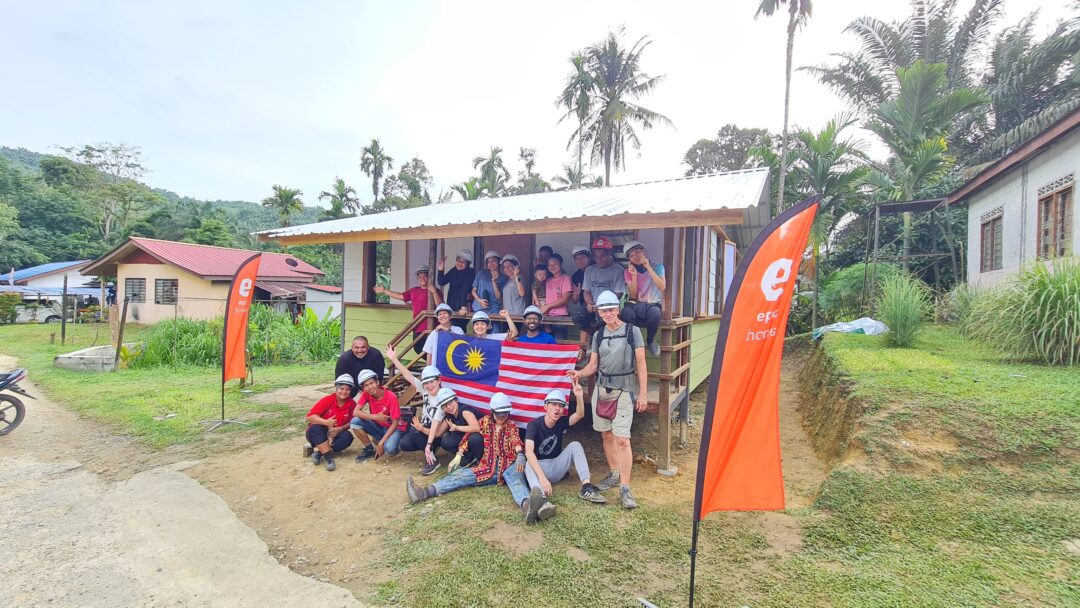
Tell us about your #Impact business, EPIC.
Established in 2010, EPIC is a social enterprise that stands for “extraordinary people impacting communities”. Our vision is rooted in the belief that true change happens when individuals take responsibility for creating intentional impact within their communities. Our mission is to empower and mobilize ordinary people to make an extraordinary difference, whether through our programs, technology, or infrastructure design. We aim to inspire and enable people to live EPIC lives.
What motivated you to start your #impact journey?
I graduated from university in December 2009, and we started EPIC almost immediately, with our first project on January 10, 2010. Initially, it wasn’t meant to become a full-fledged social enterprise. As a fresh graduate, I just wanted to get involved in community service before joining the workforce and focusing on making money. Typically, people think about giving back after they’ve made their mark, but the project was compelling, and I decided to give it a few more months, which turned into 14 years.
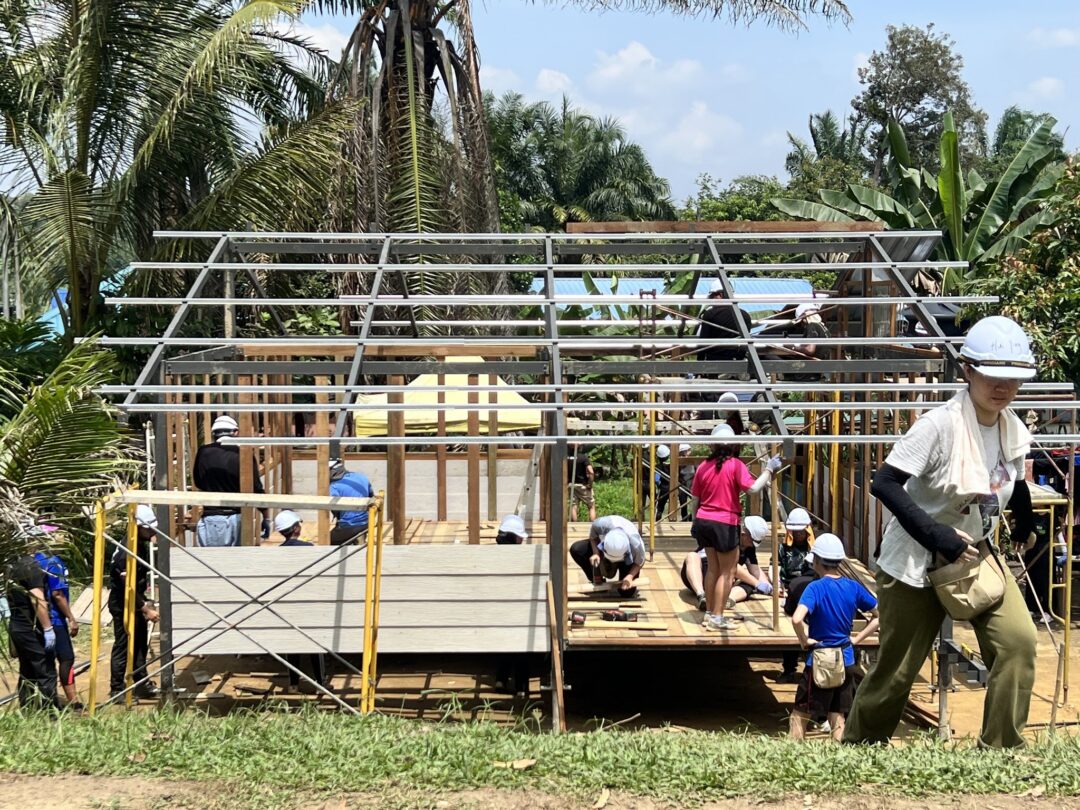
The key reason I continued was seeing how many people were eager to make a difference beyond just donating money – they wanted to engage with communities and make a hands-on impact.
On a personal level, my father’s death when I was young meant I experienced the power of community support firsthand. I saw the difference between being treated as a charity case versus being treated with dignity. One of the most meaningful supports my family received was housing, which provided us stability and a place to dream.
I saw the potential for social capital to effect change and the importance of empowering others.
John-Son Oei, CEO and Co-Founder of Epic Collective
I see my work as a calling to pay it forward, helping others realize their potential to make a difference.
How did you begin working with the Orang Asli people?
When it comes to our focus on housing for the indigenous Orang Asli in Malaysia, it began simply because they were the first group we worked with. Over time, we built relationships and were guided by their nominations of other communities in need. Because they’re a small minority, the Orang Asli face significant marginalization and misunderstanding, with many interventions imposed on them with insufficient consultation. By involving them in the process, we hope to empower them and create precise solutions tailored to their diverse sub-tribes.
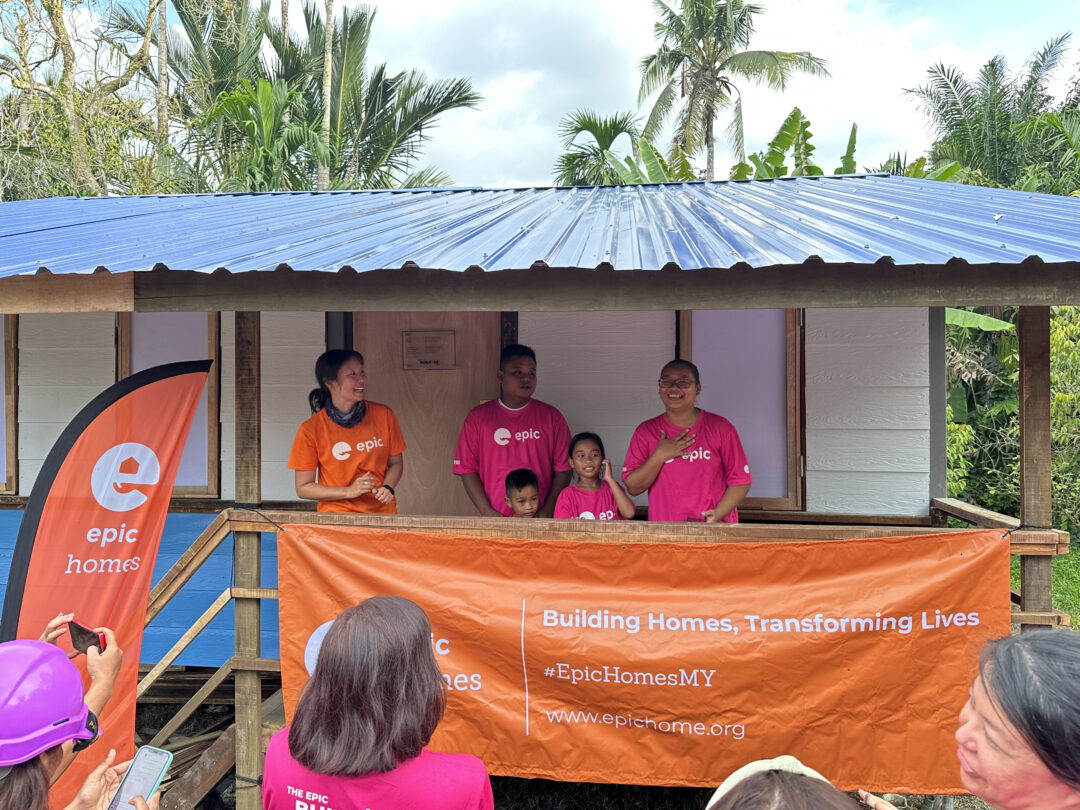
How did you develop the EPIC Homes business model over the years?
When we started EPIC Homes, we weren’t just concerned about providing housing; we wanted to understand how someone ended up in such a position. Not wanting to accept poverty as a blanket explanation, we realized that building trust and relationships was important. This was so we could gather precise information to create more effective solutions in a dignified manner.
We then took on the challenge of building a house within three days with ordinary volunteers. We saw empowering volunteers as crucial, because we wanted them to build connections and not just see the task as a job. This approach fostered trust and motivated both community partners and volunteers.
To sustain our efforts, we had to consider financing and scalability. We couldn’t rely on a full-time construction team motivated primarily by money, as it didn’t align with our goals of building relationships. Instead, volunteers became our primary workforce, focusing on safety, quality, and a consistent, empowering experience.
We developed various programs, like the Pathfinder and Builder Programs, to ensure our leaders were technically competent and shared our values.
We want the recipients of our houses to feel empowered and proud of their homes.
– John-Son Oei, CEO and Co-Founder of Epic Collective
Our training programs are vital for perpetuating these values. We treat all our stakeholders—volunteers, suppliers, recipients, and corporates—with respect and inspire them to spread the same values.
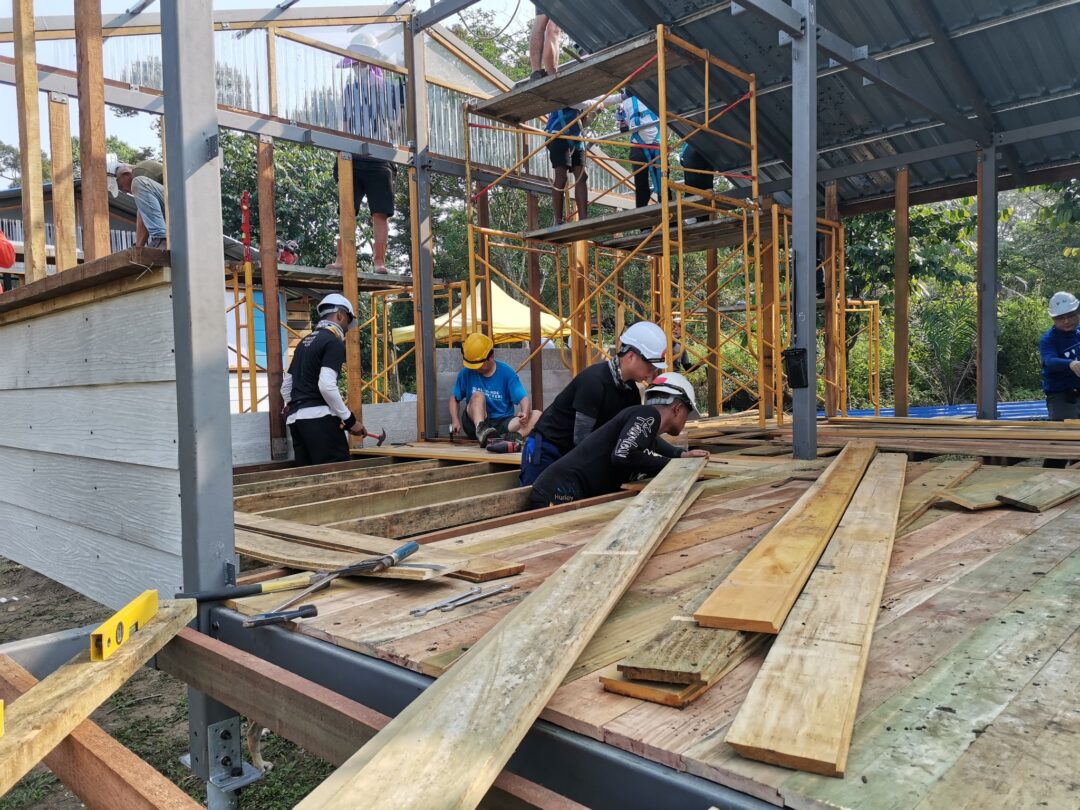
Can you run us through EPIC Homes’s corporate social responsibility (CSR) programs?
First, it’s important to give some context about Malaysia. Among ASEAN countries, Malaysia is perceived to be an advanced developing country. The expectation is that the government, with taxpayers money, should be able to cover basic needs, gaps and inequalities. This makes it more challenging to acquire foreign funding. Solutions are also relatively more expensive – because what’s expected and required is a durable house that lasts a generation, which requires significant investment.
As CSR, it’s also challenging to fund bigger-ticket projects like housing because it’s often more about quantity than quality. Although things are changing, companies prefer to report higher numbers as this is easier to measure than the depth of impact. When we first started, companies had limited budgets for external programs. For example, building one house costs 50,000 ringgit, but companies often had only 40,000 ringgit or gave out smaller amounts. This made it difficult to start projects, engage volunteers and build momentum consistently.
We realized that marketing our services as a team-building activity, not just a CSR project, was more effective. Just as effectively as it was for relationship-building between volunteers and the indigenous people, we believed it would make a unique and powerful corporate team-building activity. It took time to convince companies of the value of this professional service, but once we got our first client, word spread.
Out of the 240+ homes we’ve built, about 60-70% are funded by a combination of team-building and CSR. Selling it as a service where companies see direct value allowed us to make more impact and profit, thus allowing us to sustain and grow our team.
What are some of the growth strategies that really helped you scale EPIC into what it is today?
Knowing that there would always be limitations if we attempted to do things alone, we actively sought opportunities to collaborate and synergize with others. Try to find like-minded allies that may be heading in the same direction as you and learn to share resources to get there, whether in terms of co-branding, funding, or exchanging expertise.
In Malaysia, there is quite a bit of support at the pre-seed or incubator level. I always encourage budding social entrepreneurs to seek out these resources, as that’s how we started too. However, social enterprises in their scaling stages face significant challenges in securing financing — typically around $500,000 to $2 million. Here’s where philanthropic funding can become challenging, as the prevalent attitude among donors is that more established enterprises (like ours) don’t need support. Locally, there’s been a recent noticeable shift – with government-linked foundations (such as Yayasan Hasanah) starting to provide grants and social enterprise fundings at higher amounts. This comes amidst a growing interest in impact investment from international funders through networks like Asian Venture Philanthropy Network (AVPN).
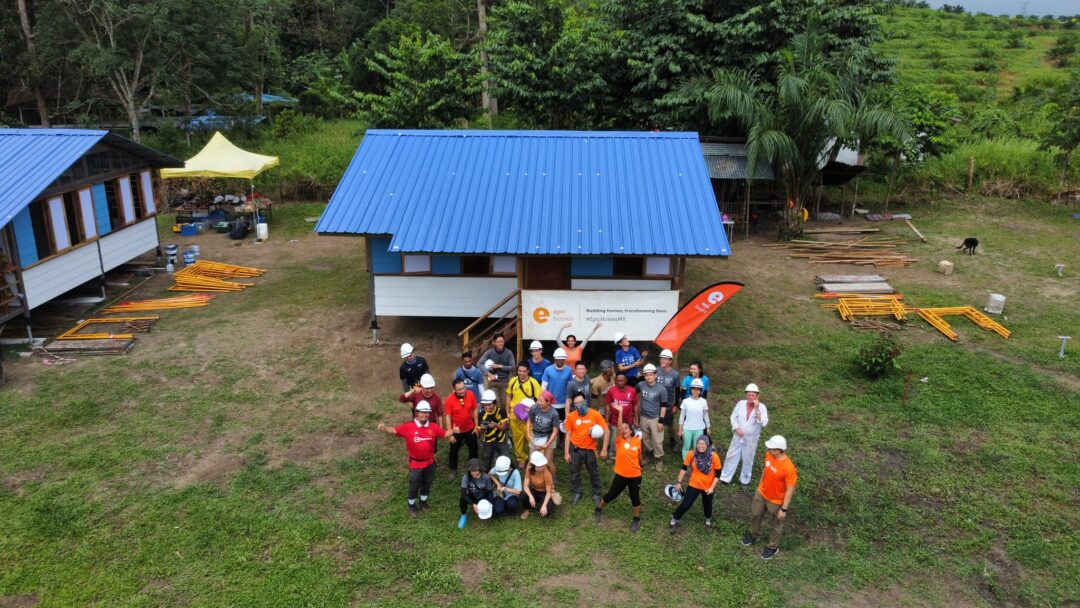
Therefore, it’s crucial to establish a sustainable business model by finding a market you can serve. While some dependence on grants or philanthropic funding is inevitable, you need a service or product to generate revenue. For us, the game-changer was the team-building aspect of our programs, which eventually provided the stability and ability to grow our team. It’s important to secure a team of talented and committed individuals.
Finally, in work like ours which involves volunteers, it’s been crucial to invest in training that goes beyond technical skills – taking care to also incorporate soft skills, management, and leadership. We’ve worked to rally contributions and garner input from various experts to improve our programs. For a people-centric initiative like ours, clearly communicating our values is essential to ensure consistency in the experiences we provide. This consistency helps inspire the communities we care about.
*Photos courtesy of EPIC Collective
Learn more about EPIC Homes on their website: https://project100.epichome.org
Disclaimers: This article does not constitute the promotion of the featured business. Interviews have been edited for clarity and conciseness.
| #ImpactASEAN is an initiative by the ASEAN-Japan Centre to spotlight impact investment & sustainable finance ecosystem actors of ASEAN and Japan. The ASEAN-Japan Centre works as an Enabler collaborating directly with its counterparts to promote impact investment through seminars, collaborative workshops, company visits, and research publications among others. Be a part of the #imapct and send us an email at info_rpa@asean.or.jp. |


